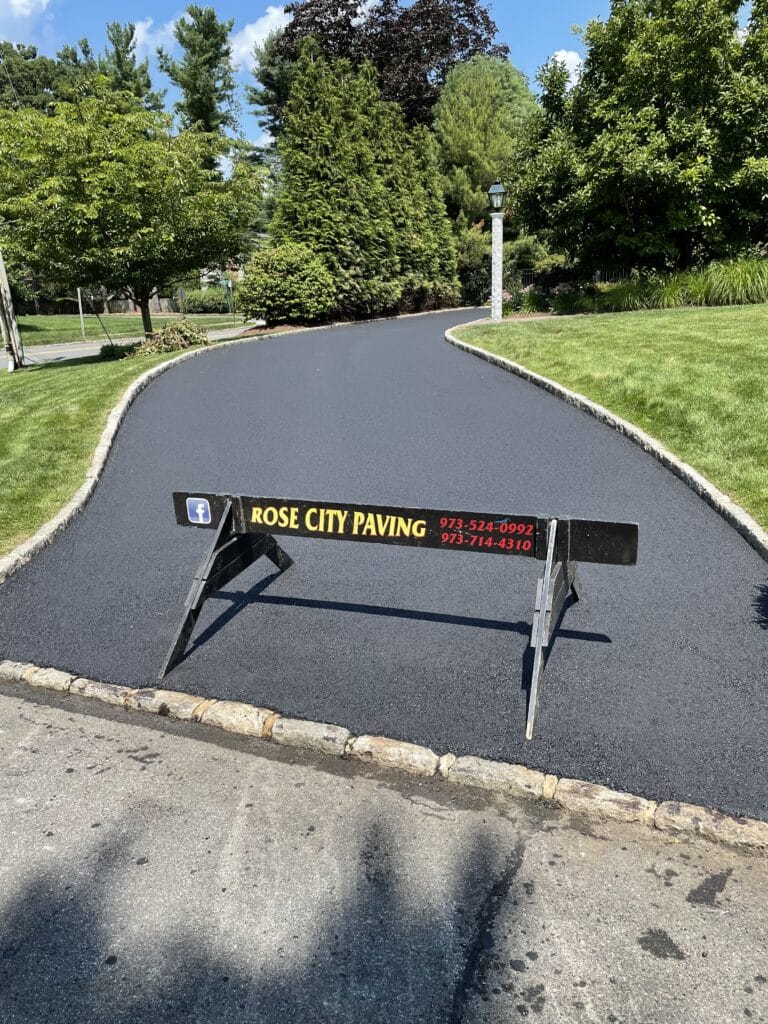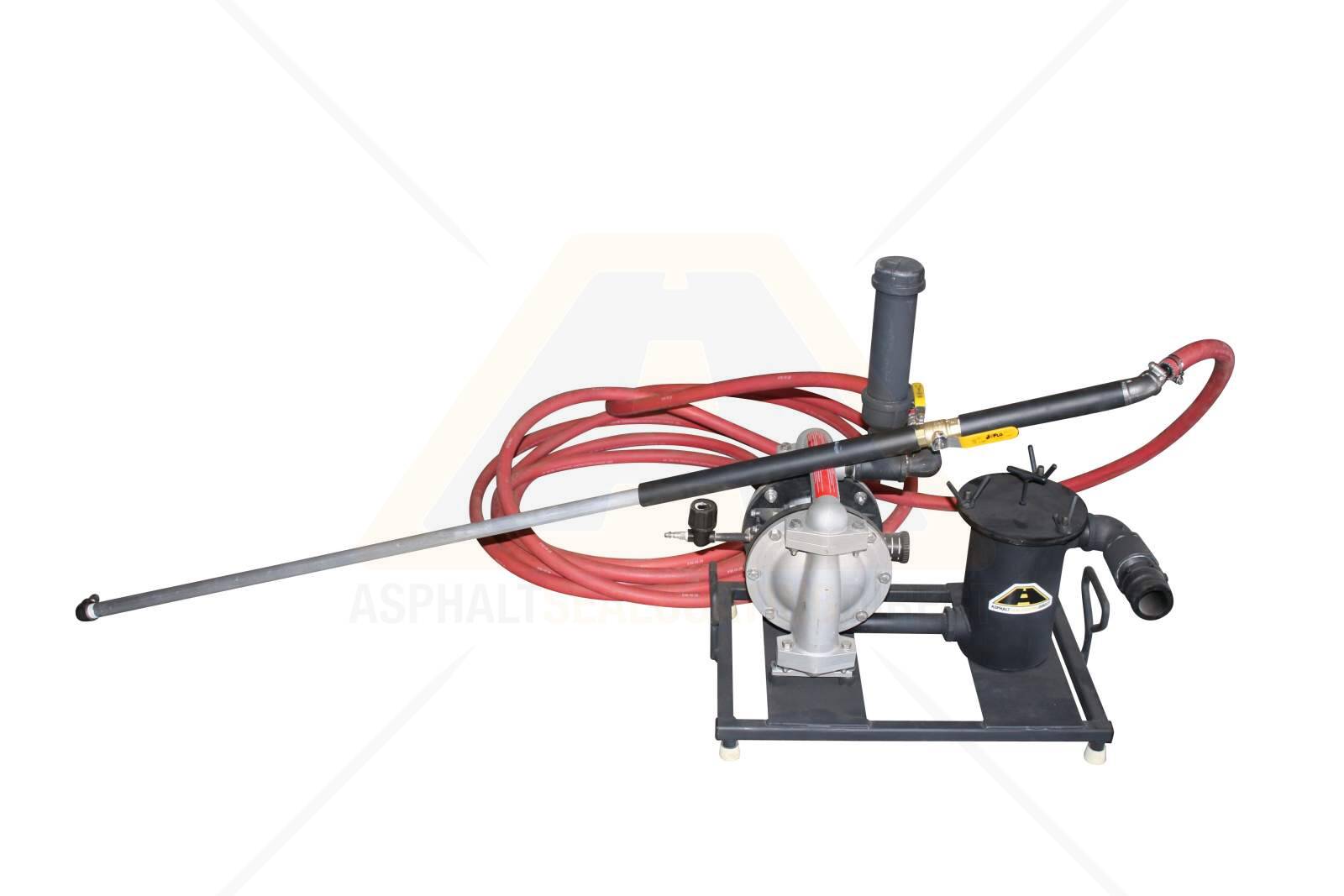Secure Surfaces with Expert Asphalt Sealing: Cold Mix Basics
Secure Surfaces with Expert Asphalt Sealing: Cold Mix Basics
Blog Article
The Future of Roadway Building: Cold Mix Asphalt Innovations
In the world of roadway building and construction, the evolution of cold mix asphalt developments holds substantial promise for reshaping framework advancement. As the demand for lasting solutions proceeds to expand, the assimilation of these advancements supplies a peek right into a future where roadways are not just paths yet also factors to ecological preservation and efficiency. The capacity for boosted cost-effectiveness, resilience, and performance raises interesting questions about exactly how these advancements might redefine the landscape of transport framework.

Lasting Benefits of Cold Mix Asphalt
Cold mix asphalt offers a sustainable service for road construction jobs due to its environmentally friendly residential properties and prolonged longevity. Unlike conventional hot mix asphalt, cool mix asphalt does not require high temperatures during the blending process, leading to dramatically reduced power usage and lowered greenhouse gas discharges (cold mix asphalt). This makes cool mix asphalt a much more environment-friendly alternative for road building tasks, aligning with global efforts to minimize carbon footprints and fight climate modification
The manufacturing of cold mix asphalt eats less energy and gas compared to warm mix asphalt, making it a more lasting choice for preserving limited resources. By selecting cold mix asphalt for road building and construction jobs, stakeholders can contribute to an extra efficient and lasting transport network.
Boosted Longevity and Long Life
Enhancing the resilience and long life of road framework is an important facet of enhancing transport networks. Cold mix asphalt innovations play a considerable duty in accomplishing this objective. By incorporating sophisticated modern technologies and additives, chilly mix asphalts are currently designed to withstand rush hour lots, varying temperature levels, and ecological factors, leading to longer-lasting roadways.
One vital factor contributing to the improved durability of cold mix asphalt is its improved resistance to rutting and cracking. Conventional hot mix asphalts are vulnerable to these types of damage, leading to enhanced maintenance demands and much shorter roadway life-spans. Cold mix asphalts, on the various other hand, exhibit greater flexibility and elasticity, enabling them to better endure the anxieties enforced by traffic and weather.
Moreover, the longevity of roadway surface areas is expanded via the boosted bonding capacities of cold mix asphalt. These innovative mixtures create solid glue bonds with existing sidewalk layers, producing a much more robust road structure that stands up to delamination and fracture development gradually. Because of this, transport firms can profit from minimized maintenance expenses and long term life span of highways, eventually resulting in more lasting and durable framework networks.

Improved Efficiency in Numerous Climate Condition
Enhanced efficiency in different climate conditions is a vital factor to consider for modern-day roadway construction products like chilly mix asphalt. Cold mix asphalts are designed to withstand an array of temperatures, from severe cool to high warm, without compromising their architectural stability.
Cold mix asphalts exhibit superb resistance to aspects such as moisture, which can trigger conventional hot mix asphalts to deteriorate with time. By remaining secure and sturdy in wet conditions, cold mix asphalts decrease the chance of gaps and splits forming on road surfaces, eventually expanding the lifespan of the framework. Furthermore, these materials supply enhanced adaptability, enabling them to broaden and get with temperature level adjustments, better boosting their performance in various weather condition problems. Generally, the usage of cool mix asphalts contributes to safer and a lot more reliable road networks that can endure the challenges presented by various environments.
Cost-Effectiveness and Budget-Friendly Solutions

With the climbing need for lasting framework solutions, the focus now shifts towards exploring economical and affordable choices within road building technologies. Cost-effectiveness in road building and construction is crucial for federal governments, towns, and private professionals intending to make best use of framework investments. Cold mix asphalt innovations offer a promising opportunity for accomplishing this goal by lowering general task prices.
One key aspect contributing to the cost-effectiveness of chilly mix asphalt is its lower production prices compared to standard hot mix asphalt - cold mix asphalt. Cold mix asphalt can be generated utilizing less power and less resources, resulting in financial savings in manufacturing costs. In addition, the application procedure for cool mix asphalt is easier and needs much less customized equipment, more minimizing construction expenses
Additionally, read the full info here the extended lifespan and resilience of cool mix asphalt add to long-lasting expense financial savings. Its capability to endure different weather and resist fracturing and degeneration outcomes in lower repair and maintenance expenses over time. By accepting affordable cool mix asphalt services, roadway building jobs can accomplish spending plan effectiveness without endangering on top quality or efficiency.
Ecological Influence and Carbon Footprint Decrease
Lessening the ecological impact and decreasing the carbon impact are critical factors to consider in contemporary roadway construction innovations. Traditional asphalt production releases considerable carbon dioxide discharges and adds to environmental deterioration. To attend to these issues, cold mix asphalt innovations have become a sustainable alternative. By making use of cool mix asphalt, road building and construction projects can considerably lower their carbon footprint. This innovation eliminates the requirement for energy-intensive heating processes, resulting in lower greenhouse gas exhausts during manufacturing. Moreover, cold mix asphalt can be produced making use of recycled products, additionally improving its ecological advantages.
Along with the redirected here production phase, the application of chilly mix asphalt supplies environmental advantages during the roadway's life-span. The material's toughness and resistance to temperature fluctuations lower the requirement for frequent upkeep and fixings, reducing general resource consumption and environmental effect. As sustainability becomes significantly essential in framework growth, cold mix asphalt stands out as an appealing solution to mitigate the environmental repercussions of roadway construction.
Final Thought
To conclude, cool mix asphalt technologies offer lasting advantages, boosted resilience, and enhanced efficiency in different weather. With cost-effectiveness and a focus on reducing ecological impact and carbon footprint, cool mix asphalt is shaping the future of road building. Its environment-friendly residential properties make it an encouraging choice for producing more secure and much more reputable road networks while contributing to global initiatives to fight more tips here climate adjustment.
Unlike standard hot mix asphalt, cold mix asphalt does not call for high temperature levels during the blending procedure, resulting in considerably lower power consumption and minimized greenhouse gas discharges. The manufacturing of cool mix asphalt takes in much less energy and gas compared to hot mix asphalt, making it a more sustainable selection for maintaining limited sources. Cold mix asphalts are created to endure an array of temperatures, from extreme chilly to high warmth, without endangering their architectural stability.Cold mix asphalts display outstanding resistance to factors such as dampness, which can create conventional warm mix asphalts to degrade over time.One secret facet contributing to the cost-effectiveness of cool mix asphalt is its reduced production expenses contrasted to typical hot mix asphalt.
Report this page